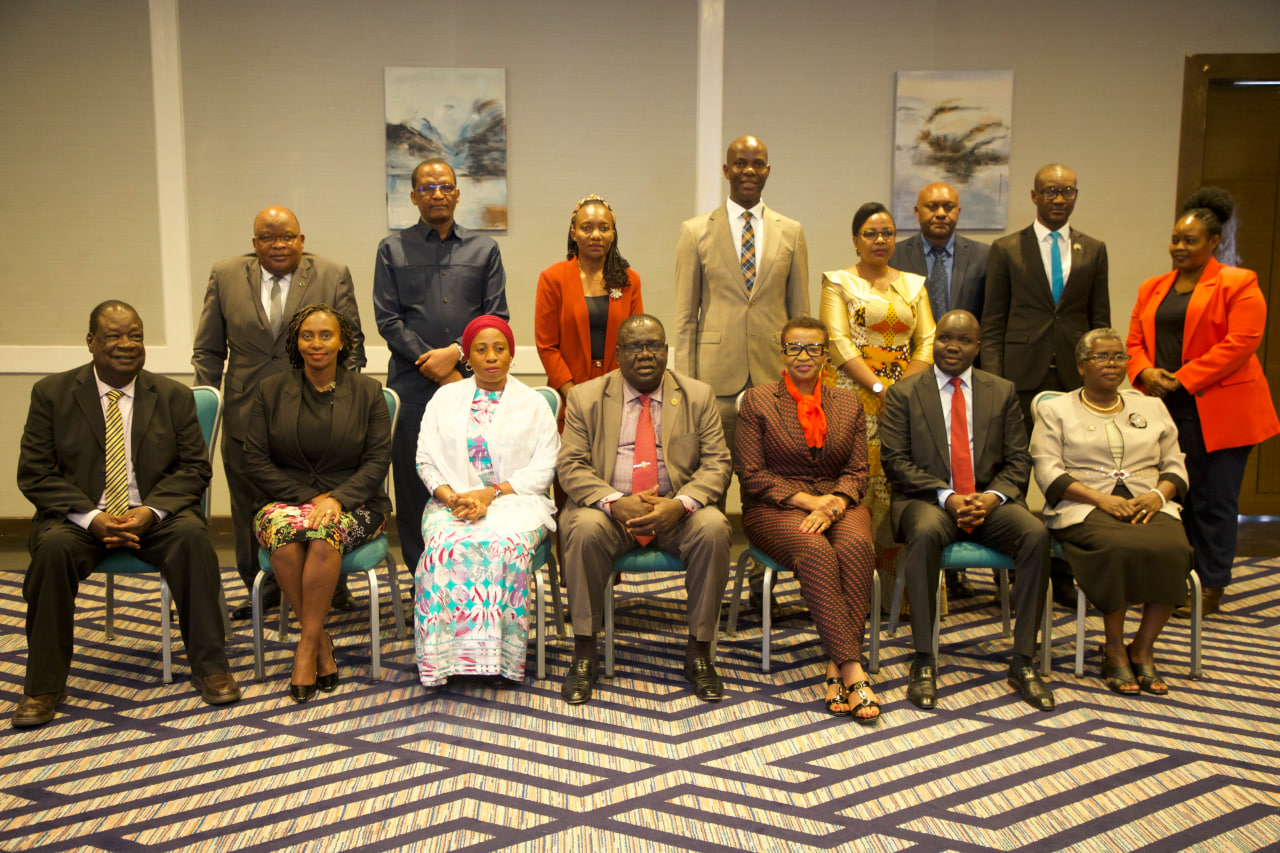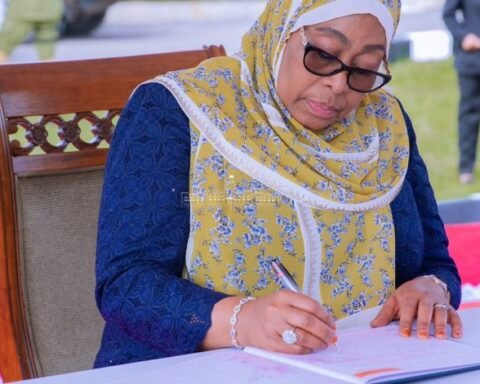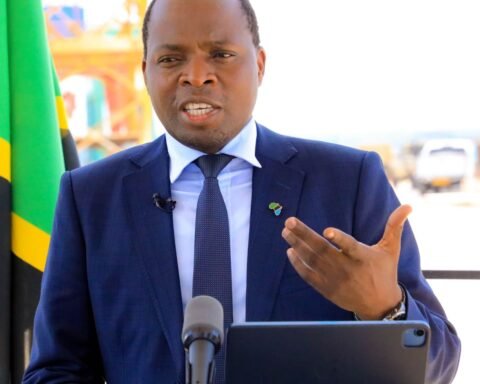Health ministers from member countries of the East African Community have planned and agreed to boost cooperation to enhance healthcare service delivery.
The decision was made on May 3, 2024, during the 24th Ordinary Meeting of the East African Community Health Sector Ministers’ Council in Dar Es Salaam.
The ministers met to review and improve strategies to tackle challenges hindering progress in the health sector within the Community.
Additionally, they agreed to collaborate on enhancing health service systems and infrastructure, such as improving laboratories, health programs, professional training, policies, research, and monitoring.
Also Read:Downpours Expose Incompetence Of Road Engineers, Leadership Shortcomings
The Medical team also deliberated on and outlined specific strategies to combat the increasing prevalence of non-communicable diseases like diabetes and high blood pressure. These strategies involve counseling and urging individuals to adopt a balanced diet, participate in physical activities, and decrease or refrain from alcohol consumption.

Addressing the gathering, Tanzania’s Health Minister, Hon. Ummy Mwalimu, affirmed the country’s implementation of these strategies. Emphasizing that, to promote physical activity, the government will be closing the Tanzanite Bridge in Dar Es Salaam every Saturday for citizens to exercise on.
Ummy Mwalimu, urged the Council to accept Tanzania’s proposal to establish a Center of Excellence for Bone Marrow Transplantation (for children with sickle cell anemia) and Blood Disease Medical Science at Benjamin Mkapa Hospital, along with a Center of Excellence for Oral Health Science at Muhimbili University of Health and Allied Sciences (MUHAS).
Also Read:Women In Leadership :Spotlighting On The Achievements of President Samia on IWD
Additionally,the ministers deliberated on strategies to tackle diverse challenges impacting the healthcare sector in the Community. These obstacles encompass climate change, insufficient funding for health initiatives, disease outbreaks, conflicts, and violence in specific regions, a scarcity of healthcare professionals, and inadequate infrastructure such as medical facilities and equipment.
In response to these challenges, they implemented various strategies, such as reinforcing collaborative drug procurement systems, endorsing a collective health agenda strategy for the Community spanning from 2024 to 2030, improving patient monitoring and diagnosis, finalizing and presenting a funding proposal for disaster response, enhancing preventive measures to combat malaria within the Community, and maintaining supervision over Health Universities to ensure the provision of quality education within the Community.

The five-day meeting, held from April 29 to May 3, 2024, began at the Expert Level where they assessed the implementation of directives and agreements reached during the 23rd Council meeting. On April 2, 2024, it continued at the Permanent Secretary Level and concluded with the Ministerial Meeting on May 3, 2024.








Your article helped me a lot, is there any more related content? Thanks!
Thanks for sharing. I read many of your blog posts, cool, your blog is very good.
Hi there, You have done a fantastic job. I will certainly digg it and personally recommend to my friends. I am sure they’ll be benefited from this website.